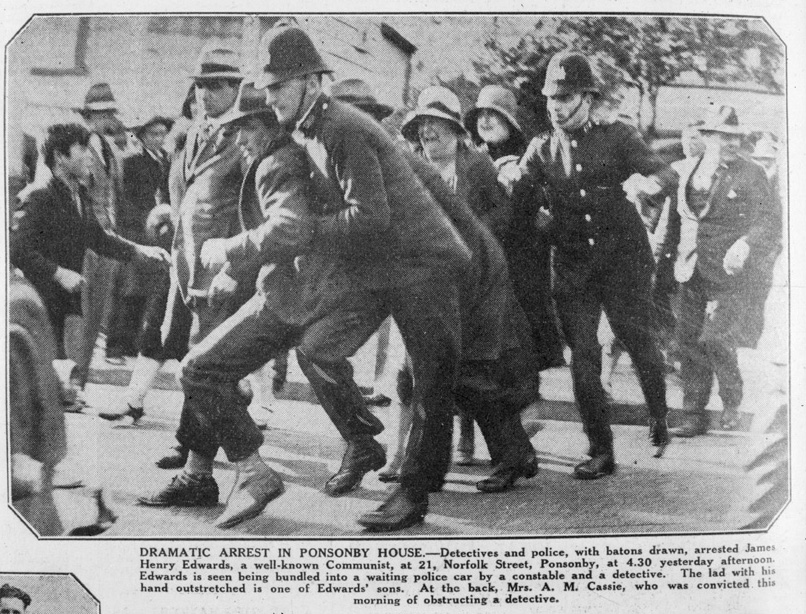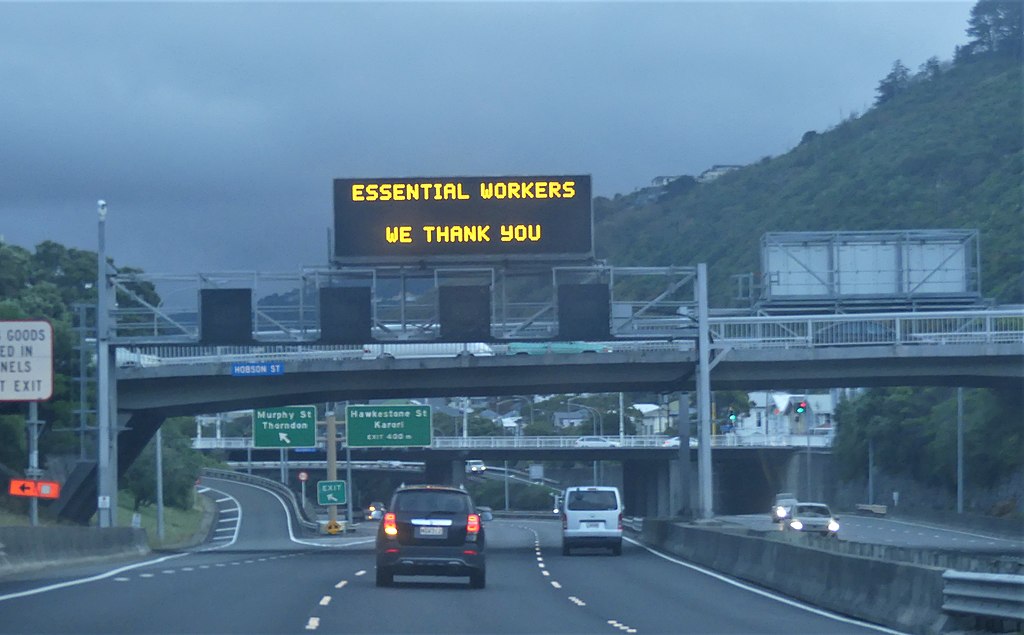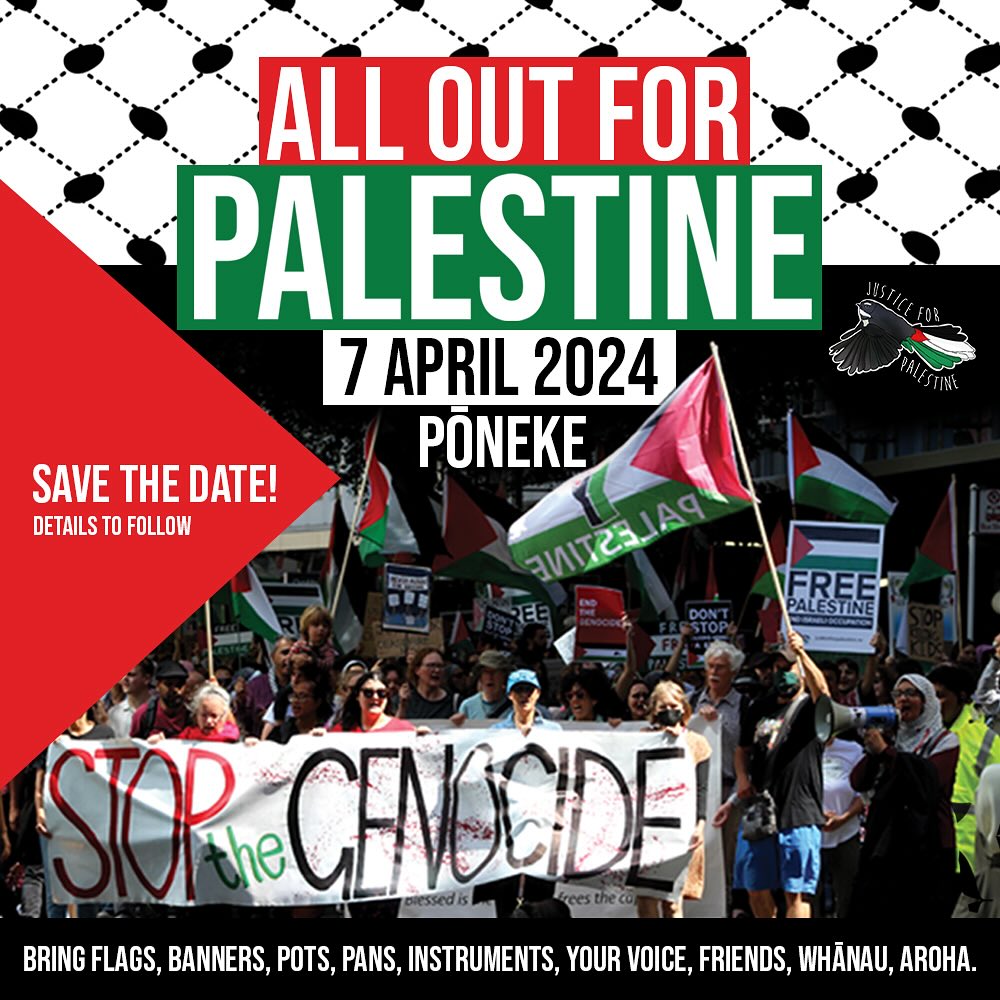What an appalling set of stories. Each day it gets worse. Revelations of the abuse suffered by young women in Auckland over the last few years, and then further revelations of how their stories and complaints were ignored or dismissed by Police, have horrified many. For days media outlets kept referring to this as a ‘sex’ story, whereas in fact of course it was a story about rape and abuse. Worse, Willie Jackson and John Tamihere used their Radio Live slot as a platform to attack, not rape, but women’s behavior. The so-called “Roastbusters” revelations reveal ugly strains of misogyny in New Zealand society.
Sex and consent
The old saying from the Women’s Liberation Movement retains its relevance. Whatever We Say, Wherever We Go, Yes Means Yes, No Means No. It should not need repeating: how women dress, their drink or drug use, their sexual history or ‘promiscuity’ or past sexual experiences with a partner: all of these are irrelevant when it comes to the question of rape. The only question that matters is consent. Jackson claims he and Tamihere were trying to “”understand better what is a very complex and sensitive issue.” But there is nothing complex here: questioning women about their dress, drinking and sexual choices is nothing more than reinforcing they idea that they are responsible in some way for rape. This is misogynist nonsense. Women are not to blame for rape. It’s simple.
We are right to be angry, at the callous way victims of sexual assault have been treated by state forces, and angry at the sexist media coverage surrounding this case.
In Wellington, a protest has been demanding an end to “Rape Culture.” Left-wing blogger Giovanni Tiso has started calls on advertisers to pull the advertisements from Radio Live; already ANZ, Yellow and Freeview have pulled their support for the station. More pressure should come on Tamihere and Jackson.
The state: no force for women’s liberation
This is not the first time Police misogyny has been exposed. We need only remember the dignity and bravery of Louise Nicholas and her testimony last decade.
Nicholas was raped by a policeman when she was 13 years old. That man has permanent name suppression. She complained, “But she was told by another local policeman – a mate of the man she accused of raping her – she was wasting her time.
She was told no one would believe a schoolgirl’s word ahead of a policeman’s. Her mother, to her lasting regret, told her daughter the same thing. Like Mrs Nicholas, she feared her husband would try to kill the man she had accused of rape.”
Her story gets far, far worse. A 2007 Fairfax report writes “When the family moved to Rotorua and Mrs Nicholas was still a teenager, she came to the attention of now convicted pack rapist and then detective sergeant Brad Shipton. Shipton was mates with now-suspended assistant commissioner Clint Rickards, and former police sergeant and now convicted pack rapist Bob Schollum. The men preyed on her for sex.”
In 2007, inspector John Buchanan Dewar, who she had turned to for justice and who had pretended to be on her side, was found guilty of obstructing the course of justice – deliberately wrecking her case to protect his fellow-officers. But the damage was done. The jury was never told that Shipton and Schollum were in jail for gang rape when her case came to court and with Rickards – no mere beat cop, but the second most important officer in the entire force, widely tipped for the top job – were found not guilty.
More recently, Nicholas has worked with the police to try and change the culture. In June, Police Commissioner Peter Marshall said Nicholas’s advice meant victims would “receive outstanding service all the way through their process and it states what that process will be throughout the country”.
The cops conned Nicholas. She came out in their defence when this story broke – believing their lies that their hands were tied for want of a “brave young girl”. On Thursday, it became clear police had received complaints but had not told Nicholas. The police have abused her all over again. She is an incredibly brave woman who has been shamefully treated.
The Police exist to defend a racist, sexist status quo, it is not wonder their ranks are rotten with misogyny.
But anger at the way Police have re-victimised those who experienced sexual abuse can be turned, however, into arguments for further state powers. One Auckland Facebook page organizing a protest in solidarity with abuse victims is called “Roastbusters are rapists. Put them behind bars.” Considering this country’s appalling high incarceration rates – and the racist criminal injustice system that disproportionately affects Maori – the reactionary potential for this call becomes clear.
These young rapists are not South Auckland kids – one is the son of a Hollywood actor, another the son of a policeman. Their problem is not “mixed messages” or lax morality, it is a sense of entitlement. The police claim they are reluctant to criminalise young men – but tell that to Maori and Pacific Island youth, tell it to Teina Pora. Pora is still behind bars for a rape and murder even the Police Association do not believe he committed. He was framed by the police with a forced confession.
Already, the government, are cynically using this as a platform for their already existing anti-democratic agenda. As Anne Russell argues in a thoughtful piece at the Scoop website,
When asked about the case, John Key expressed disgust and said that the Roastbusters crew needed to “grow up” (as though adults don’t rape). He indicated that the government would be advancing the Harmful Digital Communications Bill in response, wherein posting rape videos online could be interpreted as a crime. This creates a worrying discourse whereby the further extension of surveillance powers is framed as necessary for the safety of young girls—if we oppose the bill we’re supporting rapists and rape culture.
Righteous indignation against misogyny will be channeled, if the right can manage it, into a law-and-order stance that will strengthen the very state forces that have let women down this time.
Jail, and the police forces, are part of the system of oppression and division required by class rule. They are tools of the state and the capitalist system, a system itself reliant on the oppression of women, and generates and promotes the cultural ideas around feminity that enable such toxic ideas about rape and consent to be sustained.
This doesn’t mean that demands shouldn’t be made of the state or the Police. It’s clear, in this instance, that a group of young women have suffered an injustice. They need our solidarity. But we must also be aware of other political currents making use of this issue.
Further powers to the police will not work to change the social conditions that lead to abuse and sexual assault; those conditions are our ‘normal’ world, where women are taught to feel that their needs and views are less important than men’s, and where subordination is valued over autonomy.
Worse, much of the anger against the “Roastbusters” has reflected precisely the same misogynist assumptions driving the Facebook page and assaults as they have been described: Facebook pages calling for the young men to be beaten; comments online hoping they are jailed and then raped in jail; discussion of what attitudes fathers ought to have towards their daughter and ‘porn culture’ and more all reflect a society where male violence is normalized and where women are viewed as the property of men. These self-righteous stances are part of the problem, not part of the solution.
Our starting point is solidarity
We have no faith in state institutions, and want to see the police with fewer powers, not more. We have no truck with the racist anti-Maori rhetoric the prison system needs to justify its endless expansion.
Our starting point is solidarity with those who have experienced sexual assault. Sexist attitudes are part of our society; we need to fight them relentlessly, in the wider society and in our own ranks. We stand alongside those organizing for solidarity.
Rape is a crime, but one that is rooted in a whole culture that has to change.









